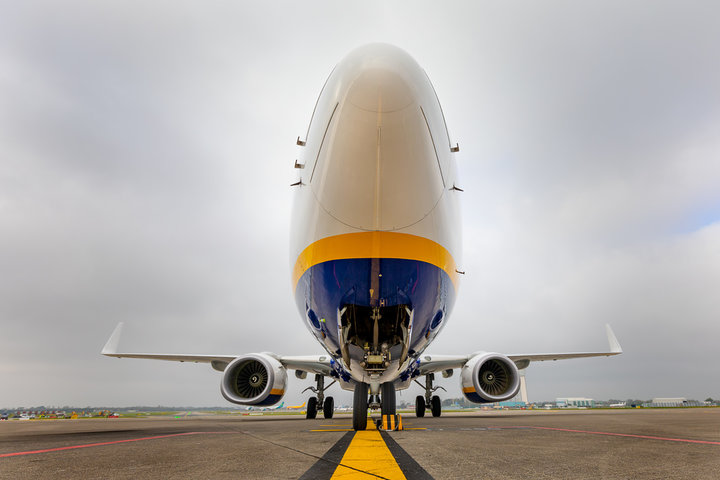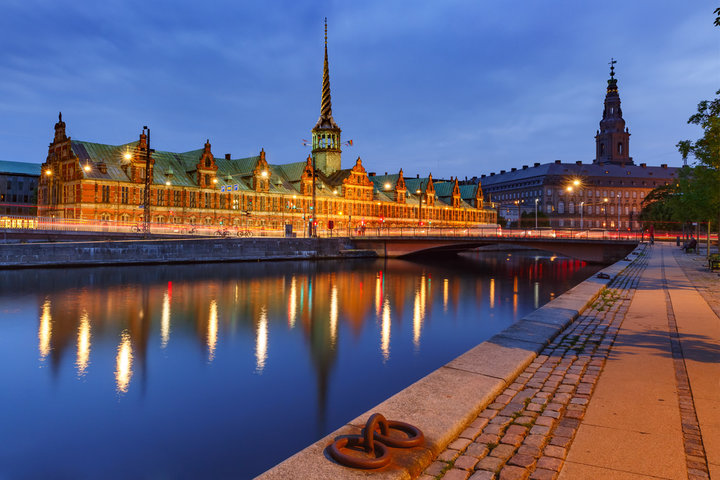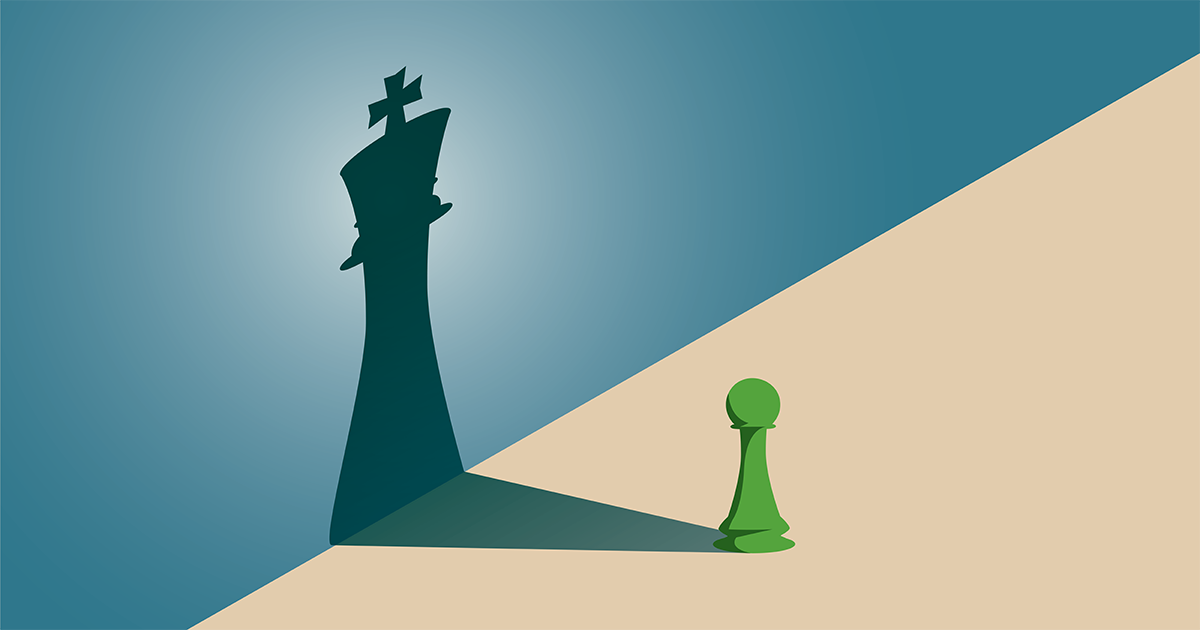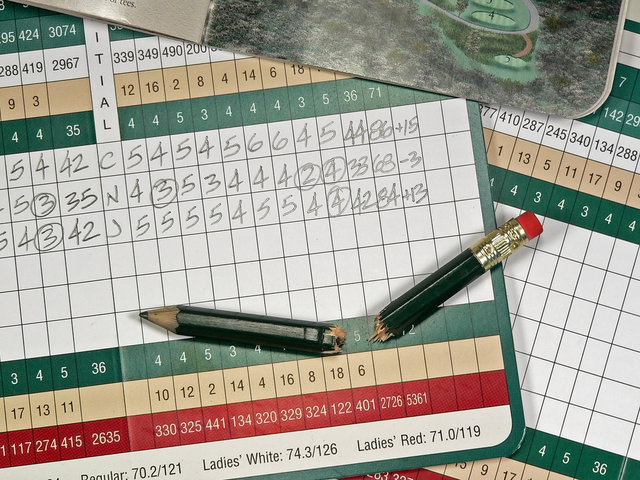Bradman, Ronaldo, Serena Williams – they all dragged themselves from small towns to global glory. It happens in the investment world too.
As our Portfolio Managers scour the world looking for superior investments they occasionally find world-class businesses in the world’s smaller economies. Here’s a look at some of the best.Fly the value skies – Ryanair, Ireland
Adrian Cotiga, Portfolio Manager, Platinum European Fund
The Irish stockmarket – Euronext Dublin - was established in 1793. Its long history includes booms in bicycle companies (the 1890s) and railroad and canal stocks (1830s). By global standards it’s small – listing 35 companies worth just EUR122 billion at the end of 2023. But it’s host to one of the world’s truly great airlines.
“In just three decades, Ireland has transformed from one of the poorest countries in Europe to having the third-highest GDP per capita in the world.“
Source: Small countries: The way to resilience Credit Suisse Research Institute, 2023
Ryanair is an ultra low-cost carrier headquartered in Swords, Dublin. It's the third largest airline in the world by passenger volume and its 558 aircraft transport over 180 million people annually (in other words, its moves the population of Ireland 35 times a year).
Ryanair's business model is all about cost. They fly short-haul, point-to-point, offer a bare-bones service and operate primarily one aircraft type (Boeing 737-800). The new Boeing Max 10 planes they're moving into bring more seats and lower fuel costs and so could deliver a 20% cost saving. Those savings are shared with the customers through lower prices.
Under Ryanair's business model, comfort and service are sacrificed to cost. But it's worked for them - excluding fuel costs, they can move a passenger a given distance at a lower cost than any airline on the planet. Their average fare is under EUR 60 per passenger. That's more than a competitive edge - it creates demand.

Ryanair's cost obsession has made it one of the world's most successful airlines. (Image Source: Adobe)
Cheap to fly, cheap to own
Europe’s air market is comparatively fragmented. Ryanair has only 16% market share but is one of only two airlines growing meaningfully intra-Europe: Ryanair and Hungary’s Wizz are both held in Platinum’s European strategies.We’re happy to own Ryanair. While the market is concerned about higher fuel prices and a slowdown in European travel, the airline is inexpensive – trading on around a 10x PE (next 12 months). The Irish airline is now planning to pay 25% of net profit each year to its investors.
The obesity champion - Zealand Pharma, Denmark,
Dr Bianca Ogden, Portfolio Manager, Platinum International Health Sciences Fund
In 1922 August Krogh, a Nobel laureate, went on a lecture tour in the US, little knowing this trip would change his home country of Denmark.
His scientist wife Marie, a diabetic, made him detour to Canada where scientists had successfully manufactured insulin. August Krogh saw the opportunity and brought back the technological knowhow to extract and purify insulin. This marked the start of Denmark’s biotech industry and the ground work for what is today the largest charitable Foundation in the world, Novo Nordisk Fonden – worth over USD120 billion and twice the size of the Bill and Melinda Gates Foundation.
Through its holding company Novo Holdings, the Foundation also controls:
- Novo Nordisk – a company which produces half the world’s insulin
- Novonesis – a manufacturer of prebiotics, probiotics, enzymes, novel vitamins and other biosolutions for agriculture and food production.
Excellent in health
Professor Krogh’s story is almost the origin story for Denmark’s biotech sector. Today there are 15 health technology companies in the Copenhagen Stock Exchange – the second largest number in the index but worth a whopping 4.5 trillion Danish Krona. Scandinavia in general has excellent science and family office investors that think long term and give biotech companies the stable shareholder base they need when things get tough
One of the most intriguing stocks – and a holding in the Platinum International Health Sciences Fund - is Zealand Pharma. It’s headquartered next door to Novo Nordisk and is a peptide specialist focused on diabetes and metabolic disease. It has always lived in the shadow of Novo Nordisk – until recently.
In September 2022 we visited Zealand and it became clear to us they were on the right path to take on obesity and metabolic diseases. Today the company has the leading amylin analog asset which could allow it to create a whole new class of anti-obesity drug – and the anti-obesity market could be worth $100 billion by 20301. Today the company works with Boehringer Ingelheim on a Glucagon/GLP-1 dual receptor agonist that recently has shown it is effectiveness.
Not long ago Zealand attempted to commercialize its products by itself, even listed in the US but ultimately gave up on that plan and refocused. We have always liked their peptide expertise but were wary of the US plans so the news of their abandonment got a big tick from us. While the science is crucial for biotech businesses, stability and clear decision making are just as important. Zealand’s decision to take two steps back to move forward is a sign of a company prepared to focus on its strengths – a great attribute in the biotech sector.

Sadly, just a few days after we wrote this article, Copenhagen's 400-year old Boersen Old Stock Exchange building was badly damaged by fire (Image Source: Adobe)
Growth supplements – Mega Lifesciences, Thailand,
Cameron Robertson, Portfolio Manager, Platinum Asia Fund
The Securities Exchange of Thailand (the SET) traces its history back to the opening of the Bangkok Stock Exchange in 1962. It trades 810 listed companies and is the most liquid market amongst ASEAN countries2.
The Thai economy was traditionally dominated by agriculture (31% of the country’s workers are still employed there). Yet it has been working hard to link itself into the regional value chain in areas like technology, autos and electronics through higher-value manufacturing.
Mega Lifesciences is a company that’s successfully gone down that path. It started life – 40 years ago - manufacturing for pharmaceutical companies. Over time its built its own generic brands and developed a big vitamin supplements business (think Australia’s Blackmores).
When we assess the business today we see a company that owns trusted brands and is good at both pharmaceutical manufacturing and distribution – they’re now well set throughout South-East Asia, Sub-Saharan Africa and the Middle East.
Patience pays
They’re a patient business – it’s taken them four decades but Africa and other frontier markets now account for 13% of revenues. More recently (4 years ago) they bought a manufacturing facility in Indonesia where they’re expanding their product range and upgrading manufacturing and warehousing. These moves could start adding significant revenue to the business over the next 3-5 years.Mega is a classic Platinum stock. It’s trading on just a 15x PE (2024e), has net cash on the balance sheet and earns strong returns on invested capital. At one point it was a market darling, but it’s fallen out of favour and the share price has been flat for around 7 years. That’s despite the company almost doubling earnings per share and paying out most of those earnings in dividends.
Mega saw revenues surge during COVID and, like many companies, earnings dropped off once that surge was over. Add that to geopolitical and economic concerns about the region and you’re part way to explaining its muted returns. Yet we believe these shorter-term issues are distracting people from the key issue - this Thai business is a high-quality, long-term growth story.
An Eastern Walmart? Dino Polska, Poland
Nik Dvornak, Portfolio Manager, Platinum International Brands Fund
When the Wall came down it became even clearer to the world what 37 years of communism had done to the Polish economy. GDP per capita in Poland in 1990 was USD1,731. Across the Oder–Neisse line their German neighbours enjoyed all the consumer comforts you could then buy with an annual income of USD22,000.
Happily, Poland’s catch-up has been extraordinary. While German per capita GDP doubled between 1990 and 2022, Poland’s rose tenfold. It leapt from middle-income to high-income status in just 15 years. (Source: World Bank).
Dino Polska, a Polish supermarket chain we hold in the Platinum International Brands Fund, has surfed that growth.
Borrowing from Sam?
Dino Polska has a distinct strategy which echoes many features of the early Wal-Mart. It’s focused on towns and small cities where 80% of Poland’s population lives, so rather than competing with well-resourced foreign competitors that target Warsaw, Krakow and Wroclaw, it’s competing with local stores that can’t match its range, modernity and size.Give ordinary folks the chance to buy the same things as rich people
Sam Walton, founder of Wal-Mart
Dino builds and owns its stores. They’re highly standardised, making logistics and replenishment more efficient. Stores are carefully located so Dino becomes the location of choice for daily shopping.
Their shelves carry around 5000 different, mostly food products split roughly evenly between fresh and non-fresh. Dino are also vertically integrated into meat processing so they can offer fresh meat products that set them apart from competitors. That very specific freshness proposition has had a halo effect across all products.
Dino is an attractive growth story. It’s a clear beneficiary of Poland’s rising purchasing power – which is moving towards Western European levels. As a result it’s achieved rapid growth in same-store sales and can earn and sustain comparatively high profit margins despite its very competitive pricing. In another Wal-Mart echo3, the founder, Tomasz Biernacki, still owns 51% of the business.
1 Goldman Sachs https://www.goldmansachs.com/intelligence/pages/anti-obesity-drug-market.html
2 SET Annual Report 2022
3 Sam Walton’s descendants still own over 50% of Wal-Mart.
---------------
Disclaimer
The above information is commentary only (i.e. our general thoughts). It is not intended to be, nor should it be construed as, investment advice. To the extent permitted by law, no liability is accepted for any loss or damage as a result of any reliance on this information. Before making any investment decision you need to consider (with your financial adviser) your particular investment needs, objectives and circumstances.
Author



